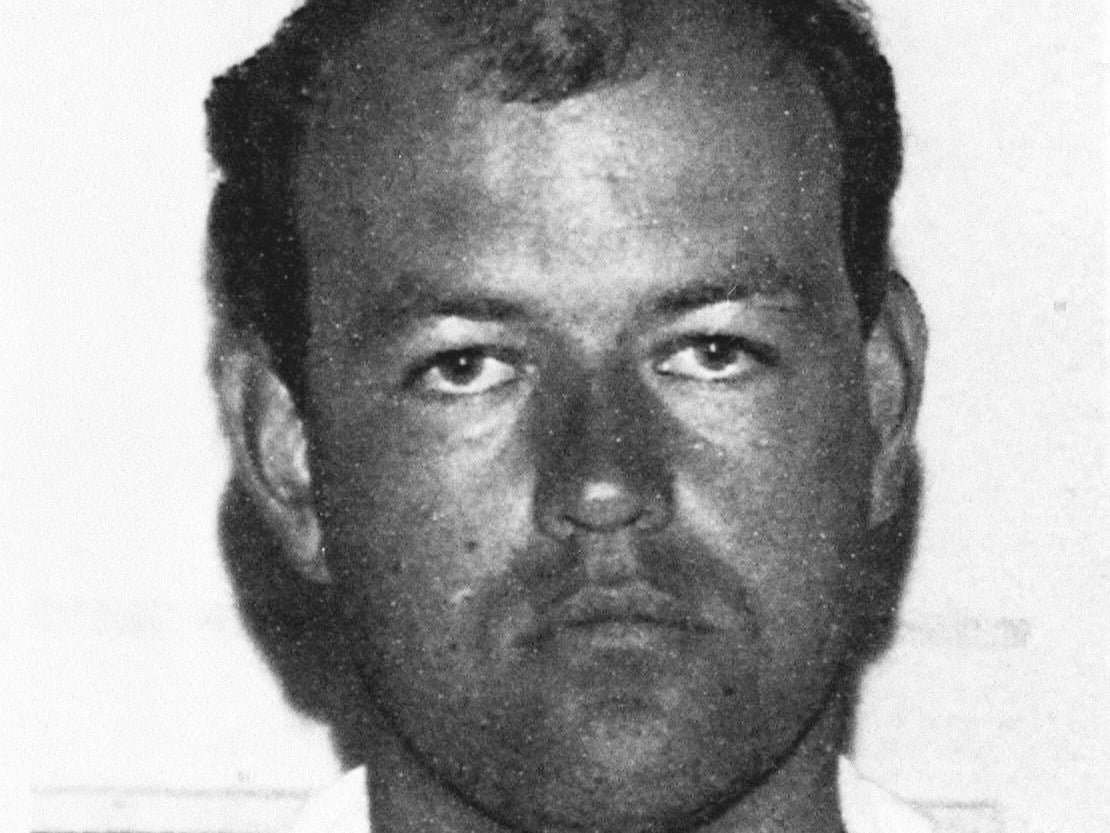Colin Pitchfork: Victims’ families in ‘shock’ after parole board rules child killer can be released
Killer was first person to be convicted of murder on the basis of DNA evidence when he was jailed for life in 1988

The families of two schoolgirls who were raped and murdered by Colin Pitchfork have reacted with “shock” following the news the killer can be released.
Pitchfork was jailed for life after strangling 15-year-olds Lynda Mann and Dawn Ashworth in Leicestershire in 1983 and 1986.
The killer, then in his 20s, became the first person convicted of murder on the basis of DNA evidence and was jailed for life at Leicester Crown Court in 1988. He was sentenced to serve a minimum of 30 years.
A hearing took place in March to consider whether he was suitable for release and the decision to greenlight his parole was published on Monday.
The families of the two victims have expressed their horror at the decision.
Dawn’s uncle Philip Musson told the BBC the family had always lived in “fear” of the decision – but that they were still “in a sort of shock”.
While her mother Barbara Ashworth said she believed he would “always be a danger”.
The 75-year-old, from Liskeard, Cornwall, told the Daily Mail: “This news is so upsetting. There are still 15-year-old girls wandering around and this man could still have 20 years of his life to abuse them.”
Pitchfork, now 61, was eventually caught after the world’s first mass screening for DNA, as 5,000 men in three villages were asked to volunteer blood or saliva samples.
He pleaded guilty to two offences of murder, two of rape, two of indecent assault and one of conspiracy to pervert the course of justice.
Lynda’s sister Sue Gratrick, 55, said she did not believe Pitchfork could ever be rehabilitated.
Ms Gratrick told the Mail: “ I don’t believe somebody guilty of acts such as those he did is capable of being rehabilitated.
“Every time he comes up for parole, or there is some other development such as him being granted day release, our pain is heightened once more.”
Pitchfork’s minimum term was cut by two years in 2009.
Although he was denied parole in 2016 and in 2018, he was moved to an open prison three years ago.
A document detailing the Parole Board decision said: “After considering the circumstances of his offending, the progress made while in custody and the evidence presented at the hearing, the panel was satisfied that Mr Pitchfork was suitable for release.”
According to the document, at the time of his offending Pitchfork thought “about sex a lot”, used “violence and excessive force” and “sex to demonstrate power and control over women”.
He also struggled to cope with anger, loneliness and had a willingness to “seek revenge”.
During his time behind bars he has taken part in several courses to address his behaviour and the panel heard Pitchfork’s “behaviour in custody had been positive and had included extensive efforts to help others”, including learning skills to help disabled people, the document said.
Pitchfork’s release is subject to strict licence conditions.
Conservative South Leicestershire MP Alberto Costa, who raised concerns about Pitchfork’s release with the Parole Board, said he was “appalled” by the decision, adding that the killer should be “kept behind bars for life”.
Mr Costa told the PA news agency he would be lobbying the justice secretary Robert Buckland to appeal the decision – which remains provisional for the next 21 days.
The government is said to be seeking legal advice over the decision.
However, it is understood Ministry of Justice (MoJ) officials did not oppose the release because it was felt the risk Pitchfork posed had sufficiently reduced and the restrictions he would be subjected to were suitable.
Potential grounds for contesting the decision include whether it is felt the process was flawed or that key information was not considered.
A Parole Board spokesman said: “Parole reviews are undertaken thoroughly and with extreme care. Protecting the public is our number one priority.”
An MoJ spokesman added: “We understand this will be an extremely upsetting decision for the families of Lynda Mann and Dawn Ashworth and our heartfelt sympathies remain with them.
“If Colin Pitchfork is released, he will be closely supervised by the probation service for the rest of his life and can be brought back to prison if he breaks the strict conditions he will be subject to.”
Additional reporting by PA
Subscribe to Independent Premium to bookmark this article
Want to bookmark your favourite articles and stories to read or reference later? Start your Independent Premium subscription today.
